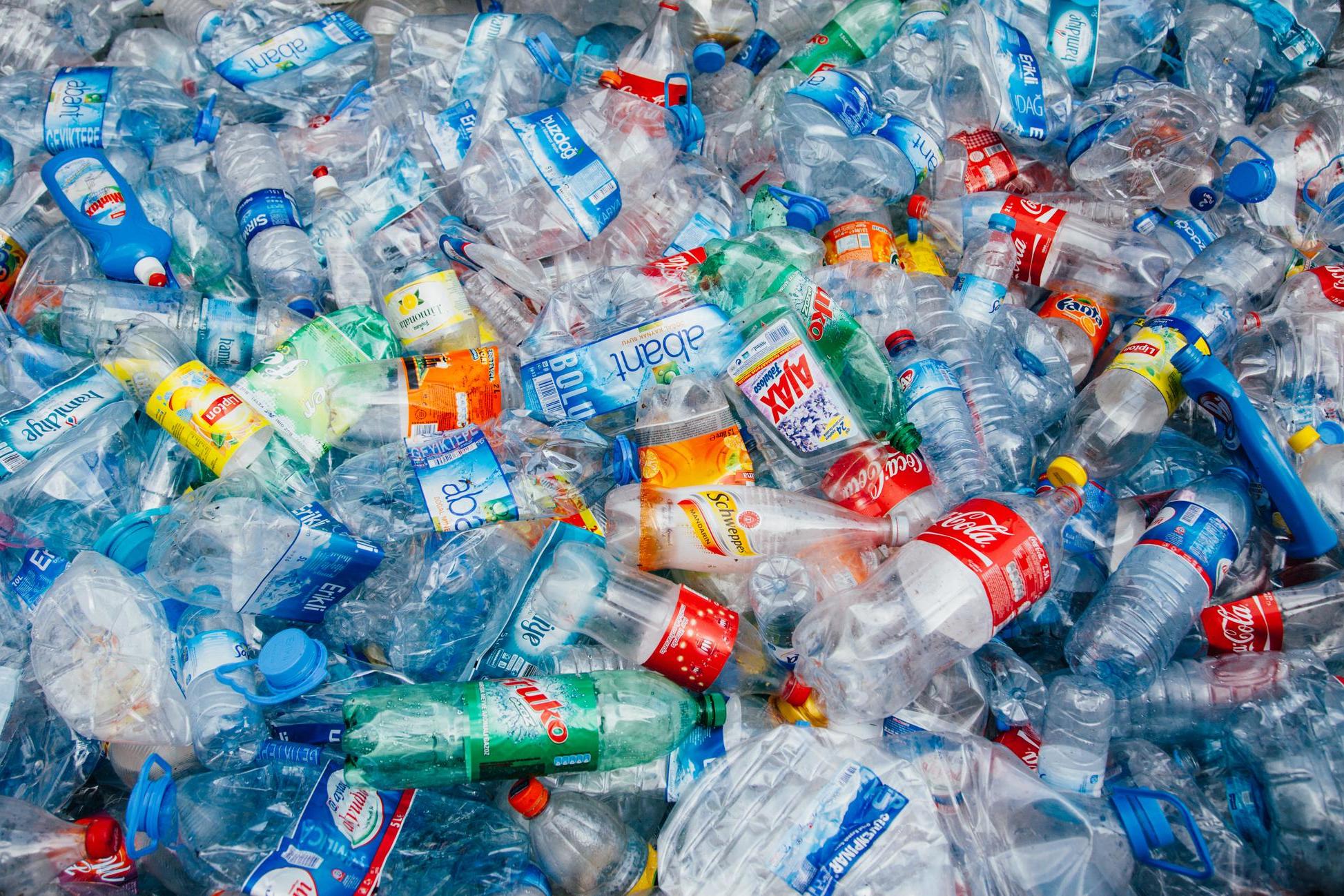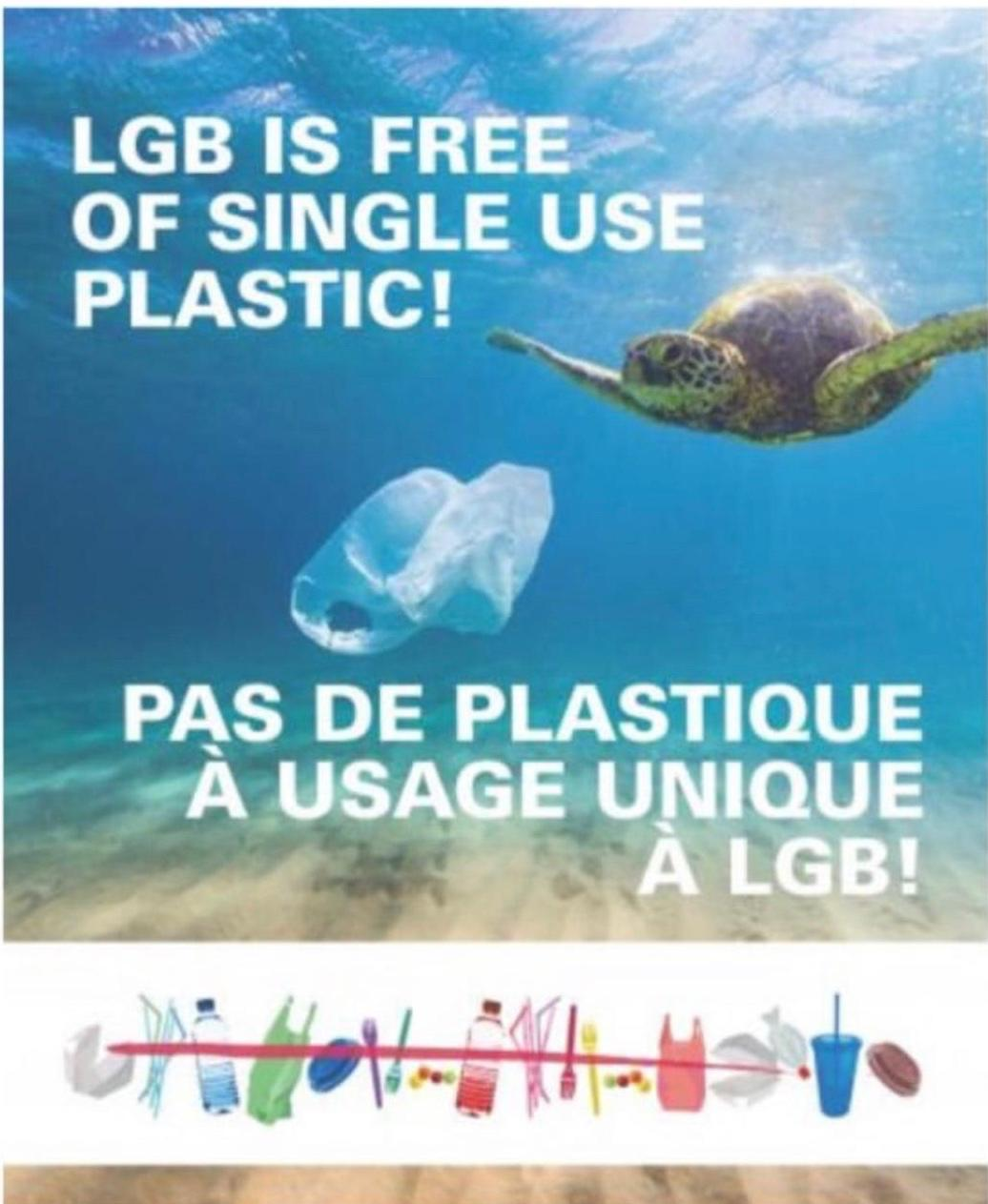By Finnur Ricart Andrason, Y13
Recycling is a topical subject and many are starting to question if it’s really worth all the effort. It’s a practice encouraged in most developed communities in the world. Simply put, it’s a process where waste, i.e. objects that are deemed useless or obsolete, are categorized, sorted and then reused to make something new and useful. Usually this involves the breakdown or transformation of the materials that compose the object. An example of this is the recycling process of plastic or PET bottles; the plastic is cleaned, granulated and transformed into thread which is then used to make synthetic fabrics found in clothing (fleece).
However, the high effort, cost and energy inputs required for these processes to take place are the most common arguments used to deem recycling unworthy. This comes about for two main reasons. First of all, the value and importance of recycling is hidden to the public eye. It takes place outside of the everyday life of an average citizen, so when people start reflecting upon recycling as a concept, they don’t see anything happening, and many, therefore, (wrongly) assume that it’s useless and a waste of time. Secondly, people aren’t aware of the importance of recycling materials to future societies or the impacts that would arise if we did not recycle.
Our society is highly centered around consumerism. But for us to consume something, that thing has to be produced and for that thing to be produced, primary or raw materials have to be mined or collected through other methods. Many of these raw materials, such as crude oil and metals, are scarce and finite. This means that there is a limit to how much we are able to exploit them before they don’t exist anymore. This is the main reason why recycling is so incredibly important and valuable to the existence of our society. At the current rate of fossil fuel consumption (combined oil, natural gas and oil), we have just over 200 years left before they run out. This is the truth for many other finite natural resources which our society depends upon. The solution to this: recycling.
Recycling allows us to keep these materials within the system. We have to divert as much of our waste as we possibly can from ending up in landfills. Landfills do not only waste our resources but they degrade our environment by releasing both toxic compounds (such as methane, a greenhouse gas) into the ground, water supplies and air. Moreover, they occupy vast areas of land. The only way in which we can keep our society from collapsing without drastically changing the consumer habits of its citizens is by forming a closed loop of resources where waste is circled back into the system in the form of new items. In this sense, waste may become the gold of tomorrow.
The efficiency of recycling systems varies between countries and some countries use the majority of its waste for the production of energy through incineration. Fortunately, many countries have invested in the improvement of their systems and these improvements will be enhanced by the increased use of them. As more and more people sort and recycle their waste, the more pressure is put on governments to improve the infrastructure and methods. To conclude, if there are two things I want you to take away from this article they are: recycling is incredibly important to our society and its not that hard so you should just do it. For guidelines on recycling visit the Eco-Committee website!
If you have any questions, email finnur.ricart@learning.ecolint.ch



